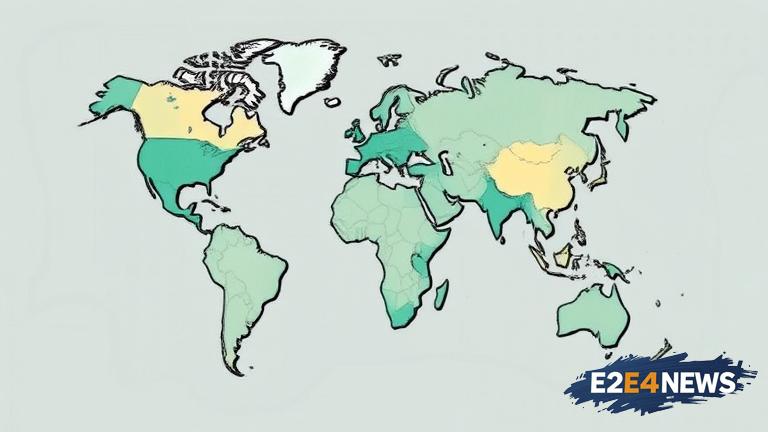The global effort to eradicate polio has made tremendous progress in recent years, with the number of cases plummeting to historic lows. According to the World Health Organization (WHO), there were only 33 reported cases of polio in 2020, down from 350,000 cases in 1988. This significant decline is a testament to the tireless efforts of healthcare workers, governments, and international organizations working together to immunize children and prevent the spread of the disease. However, despite this progress, fake news and misinformation have emerged as major obstacles to the complete eradication of polio. In some parts of the world, false claims about the safety and efficacy of polio vaccines have led to a decline in vaccination rates, allowing the disease to persist. The WHO has warned that the spread of misinformation can have serious consequences, including the resurgence of polio in areas where it had previously been eliminated. To combat this, health officials are working to educate the public about the importance of vaccination and the dangers of polio. They are also using social media and other digital platforms to counter misinformation and promote accurate information about the disease. In addition to these efforts, governments and international organizations are providing support to countries struggling to eradicate polio. This includes funding for vaccination campaigns, as well as technical assistance to help countries strengthen their healthcare systems. The Bill and Melinda Gates Foundation, for example, has pledged millions of dollars to support polio eradication efforts. The foundation’s efforts have been instrumental in helping to reduce the number of polio cases in countries such as Nigeria and Pakistan. In Nigeria, for example, the number of polio cases has declined significantly in recent years, thanks in part to the foundation’s support for vaccination campaigns. Similarly, in Pakistan, the foundation has worked with the government to implement a comprehensive polio eradication strategy, which has helped to reduce the number of cases in the country. Despite these successes, however, there is still much work to be done to eradicate polio completely. In some parts of the world, including Afghanistan and Pakistan, the disease remains endemic, and efforts to vaccinate children are often hindered by conflict and insecurity. To overcome these challenges, health officials are working to develop new strategies for vaccinating children in areas where it is difficult to access. This includes using innovative technologies, such as drones, to deliver vaccines to remote areas. The WHO has also launched a new initiative to support countries in their efforts to eradicate polio. The initiative, which is called the Global Polio Eradication Initiative, provides funding and technical assistance to countries to help them strengthen their healthcare systems and improve their vaccination campaigns. The initiative has already shown promising results, with several countries reporting significant declines in the number of polio cases. As the world moves closer to eradicating polio, it is essential that we remain vigilant and continue to work together to prevent the spread of misinformation and promote accurate information about the disease. By doing so, we can ensure that the progress made so far is not reversed and that we can finally eradicate polio once and for all. The fight against polio is a global effort that requires the cooperation and commitment of governments, international organizations, and individuals around the world. It is a testament to what can be achieved when we work together towards a common goal. The eradication of polio will be a major milestone in the history of global health, and it will have a significant impact on the lives of millions of people around the world. It will also serve as a model for future global health initiatives, demonstrating the power of collaboration and cooperation in achieving major health goals. In conclusion, the world is on the brink of a major milestone in the fight against polio, but it is essential that we remain vigilant and continue to work together to prevent the spread of misinformation and promote accurate information about the disease.





